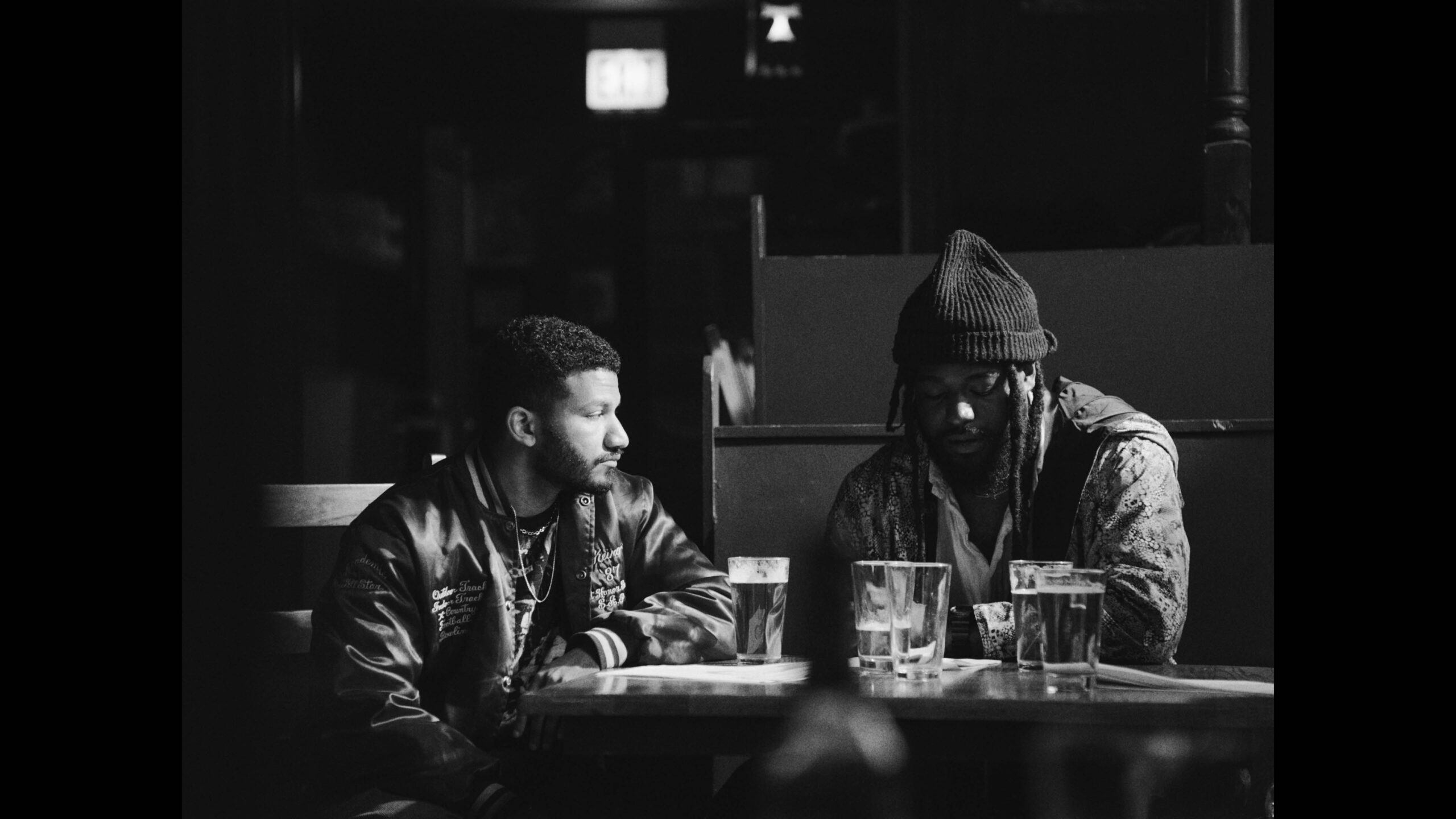bootcheese3000
Residential Hero of the Black Weirdos

‘As We Speak: Rap Music On Trial’ Takes A Deep Dive Into How And Why Rap Lyrics Are Being Criminalized - Blavity
As We Speak: Rap Music On Trial explores how and why rap lyrics are being criminalized as prosecutors around the country use them against artists charged with crimes. The film, directed by jeen-yuhs: A Kanye Trilogy director J.M. Harper, features Bronx rapper Kemba traveling across the globe to...

As We Speak: Rap Music On Trial explores how and why rap lyrics are being criminalized as prosecutors around the country use them against artists charged with crimes. The film, directed by jeen-yuhs: A Kanye Trilogy director J.M. Harper, features Bronx rapper Kemba traveling across the globe to talk to rap artists and industry professionals, legal experts academics and more about this phenomenon.
Harper credits his latest film to the book on which it’s based, Rap on Trial: Race, Lyrics, and Guilt in America by Eric Nielson and Andrea Dennis, with a foreword by Killer Mike (who also appears in the film). As he told us in a recent interview, he was drawn to the book’s detailing of “how vast the problem is, not just with the 700 known cases of rap lyrics being used in trial but of the potential thousands or tens of thousand more cases that aren’t known because so many cases plea out.”
Harper noted that the film was put together quickly, with the hope that it might “affect ongoing legislation and come out during the Young Thug trial.” The director wanted to tell this story from the artists’ perspective, not just as they sit in courtrooms on trial.
As an artist, it was important to Kemba “to make sure that somebody from the Bronx, that rappers, that people in the culture could sort of sink their teeth into it too.”
Kemba explained to us that he was surprised that “the use of lyrics wasn’t really ‘OK, a crime happened on 45th Street, and you rapped about you doing a crime on 45th Street.'” Instead, Kemba pointed out, “It was mostly — and they shouldn’t be able to do this — but like character evidence.” Despite prosecutors being banned from using character evidence against defendants, rap lyrics are essentially being used that way, with prosecutors pointing towards lyrics and arguing, “What type of person would say this? Not a good person.” Similarly, Kemba hopes that the movie can influence future trials.
“If you can be a jury member, then it’s for you, honestly,” he said.
The movie moves around, hitting Atlanta, Chicago, the West Coast and even London, in addition to Kemba’s home in the Bronx. Several artists appear, including New Orleans rapper Mac and British MC Lavida Loca. The movie goes back in time to trace the long history of Black people being judged and misunderstood in song.
“I had read these Dutch slaver journals where they had written in 1670s, that we could hear these slaves singing,” Harper shared. “We know they’re communicating,” the enslavers noted at the time, “but we don’t know what they’re talking about.” With that example in Harper’s mind, “I had an intuition that if you went to every other Black genre you’d find a similar story.”
The movie discusses how every form of Black music was similarly demonized, including blues, jazz and rock.
“They called jazz ‘devil’s music,’ Kemba noted, “and it didn’t have any lyrics.”
At the same time, the documentary shows white artists, from Shakespeare to Johnny Cash, are given a pass for their often violent or salacious art. Kemba sees racism at work in the different treatment of rap. “I think one of the biggest reasons is that a lot of people don’t see it as an artform, don’t see us as capable, as smart enough or as artistic enough to speak in metaphor, simile, or storytelling. They feel like everything that we’re saying is literal.”
With rappers continually being scrutinized and even charged based on their songs, even while some politicians push legislation to ban the use of lyrics in trials, this documentary comes at a crucial moment in the debates over art versus artist. As We Speak: Rap Music on Trial is currently streaming on Paramount+.
